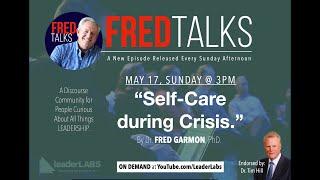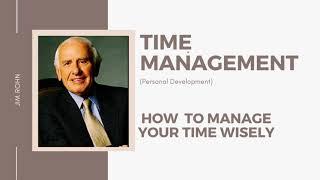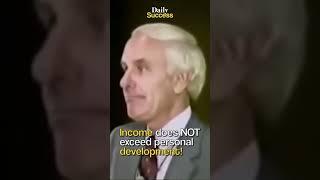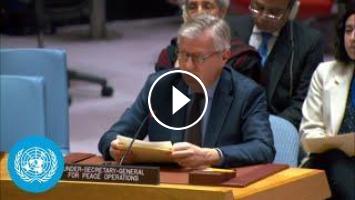Briefing by Jean-Pierre Lacroix, Under-Secretary-General for Peace Operations, on the situation in South Sudan.
“While leaders of SPLM expressed confidence on achieving a critical mass on implementation towards credible elections, SPLM IO, including First Vice-President Machar expressed its doubts and insisted that all prerequisite for elections, particularly the passage of a permanent constitution and completion of the transitional security arrangements, must precede the conduct of the electoral process," he said.
“Political competition amongst the ruling elite, increased inter-communal clashes, and the added strain inflicted by the influx of returnees and refugees escaping the conflict in Sudan, have all combined towards an assessment that elections, when held, are going to take place in an environment of elevated tensions and a constrained civic and political space in the country. Therefore, if not managed carefully, they carry the potential for violence, with disastrous consequences for an already fragile country and wider region,” he stated.
“The United Nations cannot opine whether South Sudan should have elections or not but can only assess if the Transitional Government has put in place the requisite architecture for them to be peaceful and credible, and in accordance with the terms of the peace agreement. Failure to do so, not only threatens the desired credibility and peacefulness of elections, but also the overarching framework, the peace agreement itself. As things stand, South Sudan is not ready for elections and a lot needs to be done,” he said.
“While leaders of SPLM expressed confidence on achieving a critical mass on implementation towards credible elections, SPLM IO, including First Vice-President Machar expressed its doubts and insisted that all prerequisite for elections, particularly the passage of a permanent constitution and completion of the transitional security arrangements, must precede the conduct of the electoral process," he said.
“Political competition amongst the ruling elite, increased inter-communal clashes, and the added strain inflicted by the influx of returnees and refugees escaping the conflict in Sudan, have all combined towards an assessment that elections, when held, are going to take place in an environment of elevated tensions and a constrained civic and political space in the country. Therefore, if not managed carefully, they carry the potential for violence, with disastrous consequences for an already fragile country and wider region,” he stated.
“The United Nations cannot opine whether South Sudan should have elections or not but can only assess if the Transitional Government has put in place the requisite architecture for them to be peaceful and credible, and in accordance with the terms of the peace agreement. Failure to do so, not only threatens the desired credibility and peacefulness of elections, but also the overarching framework, the peace agreement itself. As things stand, South Sudan is not ready for elections and a lot needs to be done,” he said.
- Category
- United Nations
- Tags
- UN, United Nations, UNGA
Be the first to comment













